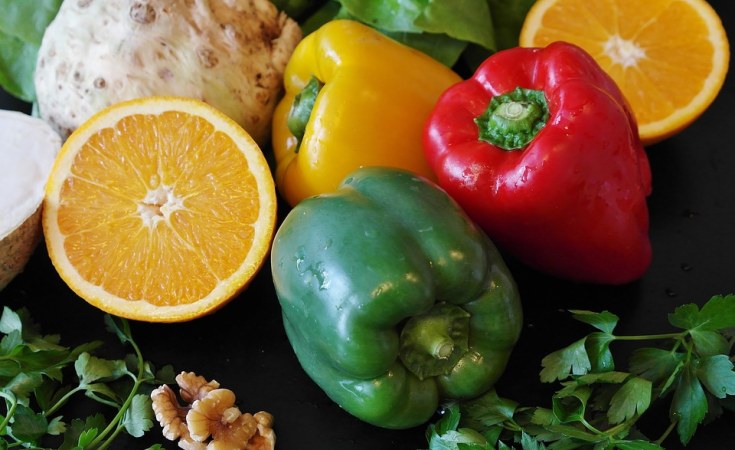THE government has drafted a special strategy for improvement of performance of organic agriculture and production of organic foods in the country, with the envisaged vital document set for official inauguration and implementation from June, 2023.
Organic agriculture is a holistic production management system which promotes and enhances agro-ecosystem health, including biodiversity, biological cycles and soil biological activity.
Organic foods are products derived from certified farm management systems using land husbandry techniques and biological manual methods instead of synthesis inputs.
Christened 'National Ecological Organic Agriculture Strategy' the eight-year initiative being coordinated by the Ministry of Agriculture focuses on awareness creation over organic agriculture towards the farmers and relevant stakeholders, with an eye to heighten production and productivity, as well as market for organic produces in the country.
Among others, the robust strategy seeks to ensure the country promotes both conventional and organic farming among local farmers in order to give the public a useful option to opt whether to consume foods from organic farming or from conventional farming systems.
During an interview with the 'Daily News', the strategy's chairperson, Revelian Ngaiza, who is also the Policy Advisor and National Coordinator for the Youth Involvement in Agriculture at the parent ministry, insisted that the move was partly to implement the set national policy on organic agriculture as stipulated under the Agriculture National Policy, 2013 (NAP 2013).
"The focus behind the strategy is not to oppose conventional farming, but to further improve performance of organic agriculture among the farmers from across the country by ensuring that farmers adopt recommended biological inputs, bio pesticides and other environmentally friendly agronomic practices," he expressed.
He said before formulating the on-going strategy, they made a tour of all agro-ecological zones across the country, the basic countrywide survey to determine farmers' performance on organic agriculture, but also availability and market for the organic food produces.
"We conducted deep survey in several regions, including Lindi, Mtwara, Ruvuma, Njombe, Mbeya, Songwe, Singida, Simiyu, Mwanza, Tabora, Katavi, Kigoma, Kagera, Manyara, Kilimanjaro, Arusha, Tanga, Morogoro and Dar es Salaam," he briefed.
And he added: "The survey discovered that most farmers in the country, around 80 percent, were poorly practicing organic farming but they were far from adopting the needed practices and inputs to enable them realise enough crop yields,"
Citing a vivid example, he said the survey further discovered that organic foods were in high demand in some hospitals to support patients with cancer complications, but the supply was unfortunately poor.
"In some of the giant supermarkets, especially in Dar es Salaam, we found few packages of local-made organic food items and the demand was high to the extent that owners were being compelled to import such items from outside the country, mainly from South Africa.
This literally interpreted that the demand for organic foods is higher than supply," he observed.
Mr Ngaiza further said that implementation of the envisaged strategy would equally include a number of issues, including push for improved production for the improved local seeds varieties, bio-pesticides and other inputs, together with awareness of seeds and crops preservation as well as environmental preservation initiatives.
As part of the strategy, he shared that previous studies established that Tanzania was lagging behind other countries within East Africa (EAC) and the Southern African Development Community (SADC) when it comes to promotion of organic agriculture.
"For example, neighbouring Kenya and Uganda are doing good in organic agriculture," he stated.
As per the strategy, the implementation, according to him, would incorporate numerous institutes and ministries, including the Livestock Ministry, the Prime Minister's Office (Regional Administration and Local Government), Ministry of Natural Resources and Tourism, Tanzania Forestry Research Institute (TAFORI), the Sokoine University of Agriculture (SUA), Nelson Mandela African Institution of Science and Technology (NM-AIST), state-owned agricultural and seeds institutes, together with the private sector.


